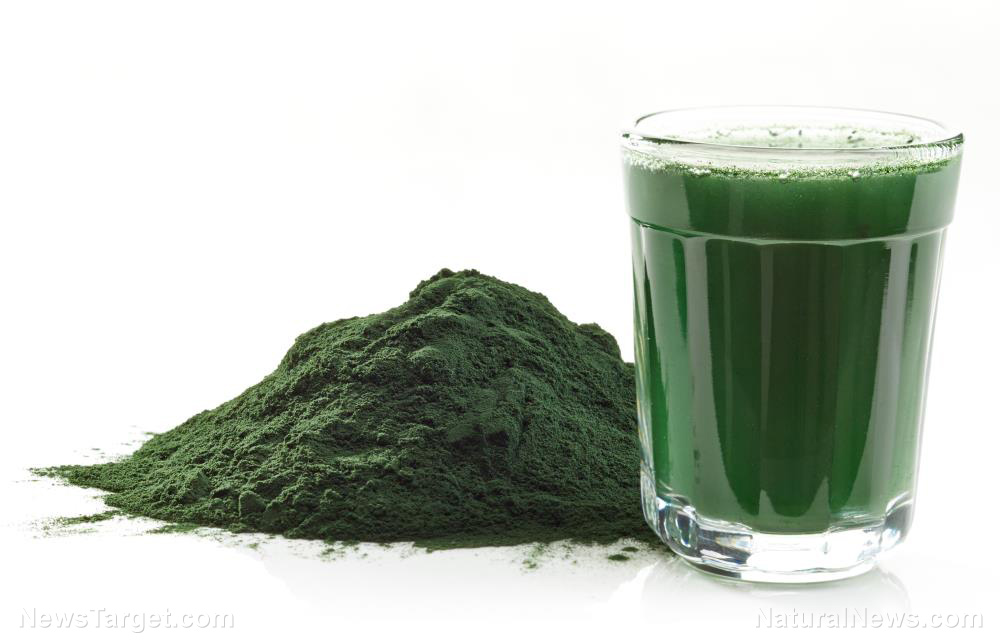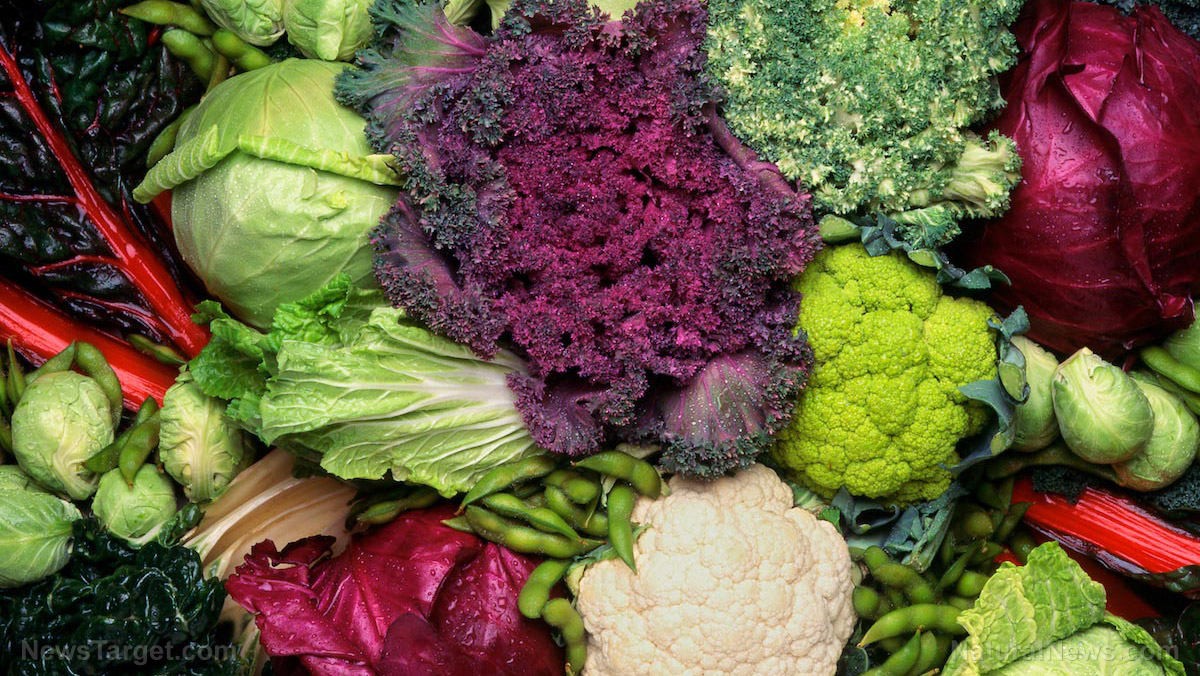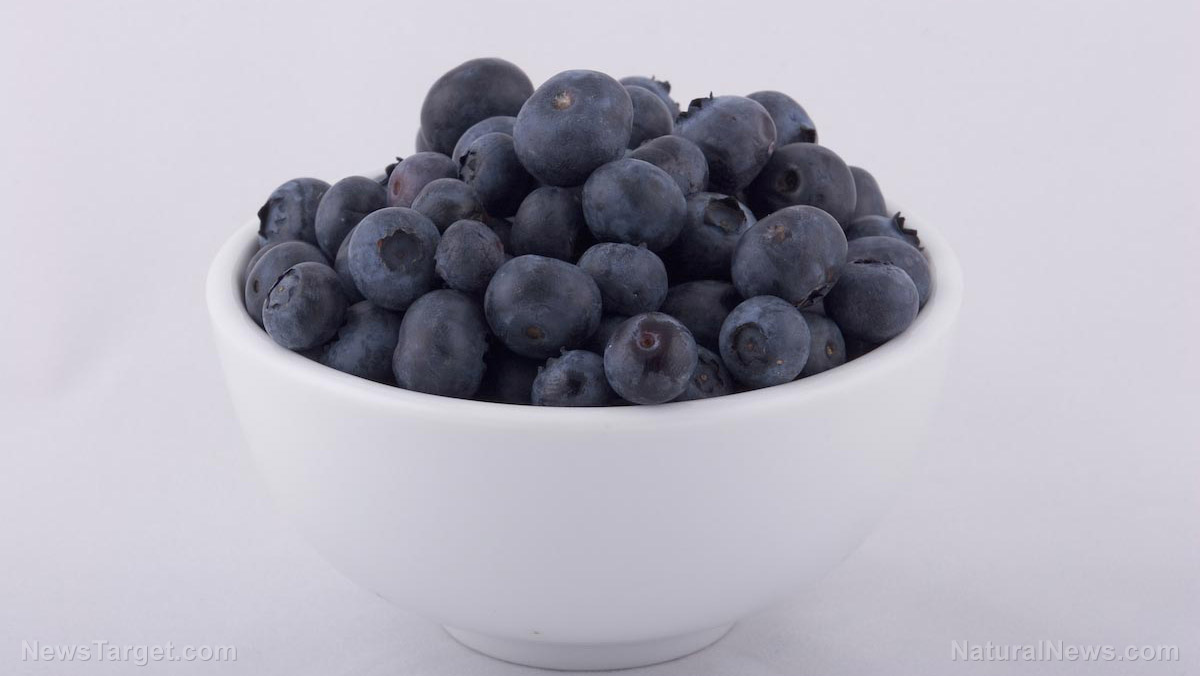Do YOUR lifestyle habits put you at risk? Fewer than half of Americans are aware of what they can do to prevent cancer
04/27/2018 / By Tracey Watson

Are you under the impression that you have little control over whether you develop cancer one day? Do you believe that who does and does not get cancer is a matter of genetic roulette? If so, you would certainly not be alone. A survey by the American Institute for Cancer Research (AICR) found that fewer than 50 percent of Americans are aware that they can cut their cancer risk in half by making simple lifestyle changes.
The AICR survey found that while many Americans believe that stress and other unproven factors can cause cancer, the majority are unaware of proven cancer triggers like the high consumption of red and processed meats and alcohol, or eating too few fresh fruits and vegetables. Shockingly, even after years of public awareness campaigns, many are also unaware that obesity and inactivity are direct causes of cancer.
“There is a clear crisis in cancer prevention awareness,” noted Alice Bender, AICR’s Head of Nutrition Programs. “It’s troubling that people don’t recognize alcohol and processed meats increase cancer risk. This suggests the established factors that do affect cancer risk are getting muddled with headlines where the research is unclear or inconclusive.”
The proliferation of information on the Internet has led to increased concern among many Americans that genetically modified organisms (GMOs) and hormones in the meat we eat could cause cancer. While there is certainly reason for concern about these issues, the survey’s surprising finding was that while many are aware of a possible link between unproven factors and cancer, very few know about the factors that have been conclusively linked to cancer.
For example, while 44 percent of respondents said they thought excess fat consumption could cause cancer – a fact which has not been proven – only 39 percent were aware of the overwhelming link between physical inactivity and cancer.
Fewer than 40 percent of those surveyed were aware of the link between alcohol and cancer, even though studies have confirmed that alcohol is carcinogenic and increases the risk of at least six types of cancer, including breast, liver, colorectal and esophageal cancer.
When asked about a possible link between processed meats and cancer, only 40 percent of those interviewed knew that meats like bacon and hot dogs cause stomach and other cancers.
Perhaps most shockingly of all, fewer than half of the survey participants were aware that obesity causes cancer, even though there is conclusive proof that being overweight increases one’s risk of at least 11 different cancers.
The AICR estimates that around a third of all cancers could be prevented simply by maintaining a healthy weight, increasing physical exercise and eating the right foods. And this figure increases to an astounding 50 percent if sun damage and smoking are avoided.
Of course, as Natural News has repeatedly reported, preventing skin cancer does not necessarily mean avoiding the sun. In fact, sunshine and vitamin D offer a host of crucial health benefits, and there are natural ways to protect the skin while still reaping these benefits.
It is also important to recognize which specific fruits and vegetables to eat more of. For example, researchers have found that berries and pomegranates are the best anti-cancer fruits out there.
Turmeric, which has been used in traditional medicine throughout Asia for thousands of years, has also been proven to have powerful anti-cancer capabilities. Research has found that the curcuminoid compounds in turmeric reduce DNA damage, repair precancerous lesions, inhibit tumor formation and directly target cancer cells, while leaving healthy cells unharmed.
There is no doubt that there are many ways in which each one of us can take control of our health. The key to doing so is to read and learn and gain as much information as possible about preventing cancer rather than trying to cure it when it’s already too late. (Related: Discover the best ways to prevent cancer at Prevention.news.)
Sources for this article include:
Tagged Under: Alcohol, cancer, curcuminoids, disease prevention, exercise, healthy lifestyle, inactivity, natural remedies, obesity, prevention, Processed Meats, red meat, smoking, sunshine, turmeric



















